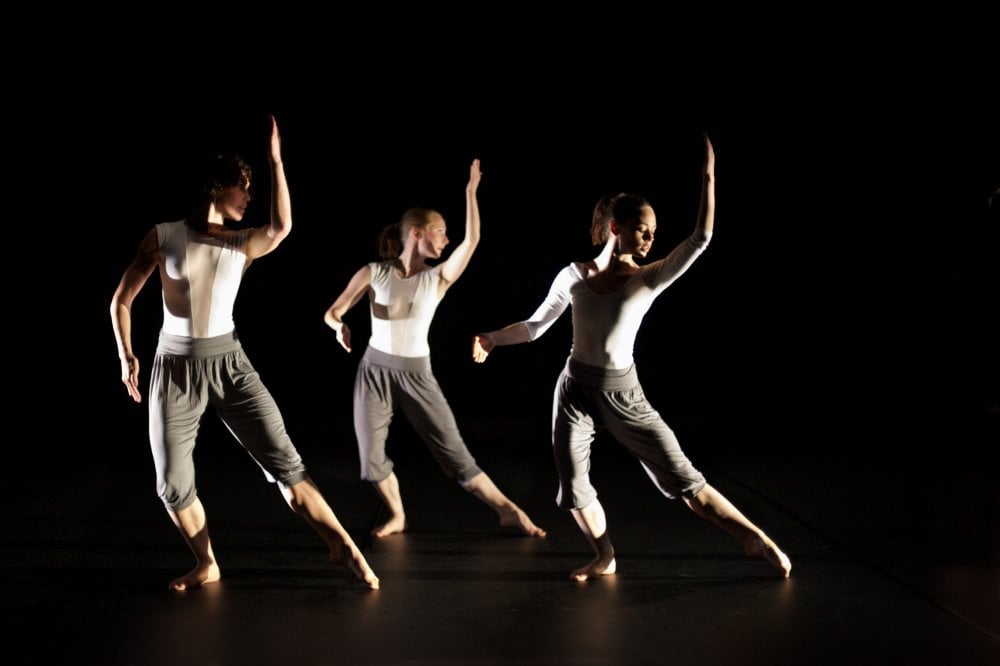
Photo: Balbir singh Dance Company
New audiences for contemporary work
David Edmunds describes how funding will allow Dep Arts to develop new approaches to increase access to contemporary dance and theatre while programming original and inspiring shows.
Leeds-based theatre and dance production company Dep Arts has been awarded nearly £218,000 of Arts Council England funding to attract new audiences for contemporary dance and theatre to theatres across Yorkshire. ‘New Realities’ is a three-year audience development project which will help venues take risks with their programmes without risk to the box office, beginning in Spring 2013. Central to the programme is an audience research programme, the findings of which will be shared widely, creating a valuable legacy from the project that will include a toolkit to help other venues develop audiences for contemporary work. Kate Sanderson, a partner at Indigo Ltd, who will lead on the research element, described the project as “very significant because it combines a strategic approach to developing the artistic programme in each of the theatres with a robust programme of research and audience development over three years.”
Kate will work with the participating theatres and touring companies involved to research and map their existing audiences for contemporary work. This will involve using box office data where available to look at exactly who is attending this sort of work and, perhaps as importantly, who is not. With research support from the Audience Agency and using Indigo’s UK Experience Survey, the venues will be able to benchmark against each other and against other theatres across the UK. The aim is to gather a clear picture of how audiences for contemporary work behave, how they make their choices and what marketing and communications tools would work best. Some of the questions we will be looking at are: What other arts events do they attend? How often do they attend the arts in general? Do they see a range of artforms or do they tend to stick to one sort of work such as dance or visual arts? How much are they engaging in digital and social media as part of their arts experience? This information will build up during the three-year project, providing us with a detailed picture of audiences for contemporary work which will inform both the programming choices in terms of artform and frequency of programming and the marketing undertaken by each of the venues.
Meanwhile, Dep Arts, now in its sixth year, will work with five Yorkshire theatres to programme original and inspiring shows from acclaimed performing companies to increase access to contemporary work and attract new audiences. The partner venues are The Civic in Barnsley, Hull Truck Theatre, Northern Ballet, Theatre in the Mill, Bradford and Wakefield Theatre Royal.
I hope to bring my team’s knowledge of the contemporary performance landscape and expertise in producing a broad range of work to bear on a programme of ‘extraordinary experiences’, with the aim of inspiring more audiences to experience some of the best emerging talent in dance, theatre and interactive performance. Working with a range of artists from one-man shows to large-scale international companies, we will create the programme with the venues to appeal to a broad range of tastes.
The world was bowled over by the inclusion of contemporary dance in the Olympic opening ceremony, from Akram Khan’s provocative, moving and ambitious performance to the Royal Ballet, English National Ballet and Northern Ballet School performing alongside Darcey Bussell. Contemporary dance is basking in the glow of the recent focus on British culture and we think local audiences are ready to embrace it.
Join the Discussion
You must be logged in to post a comment.